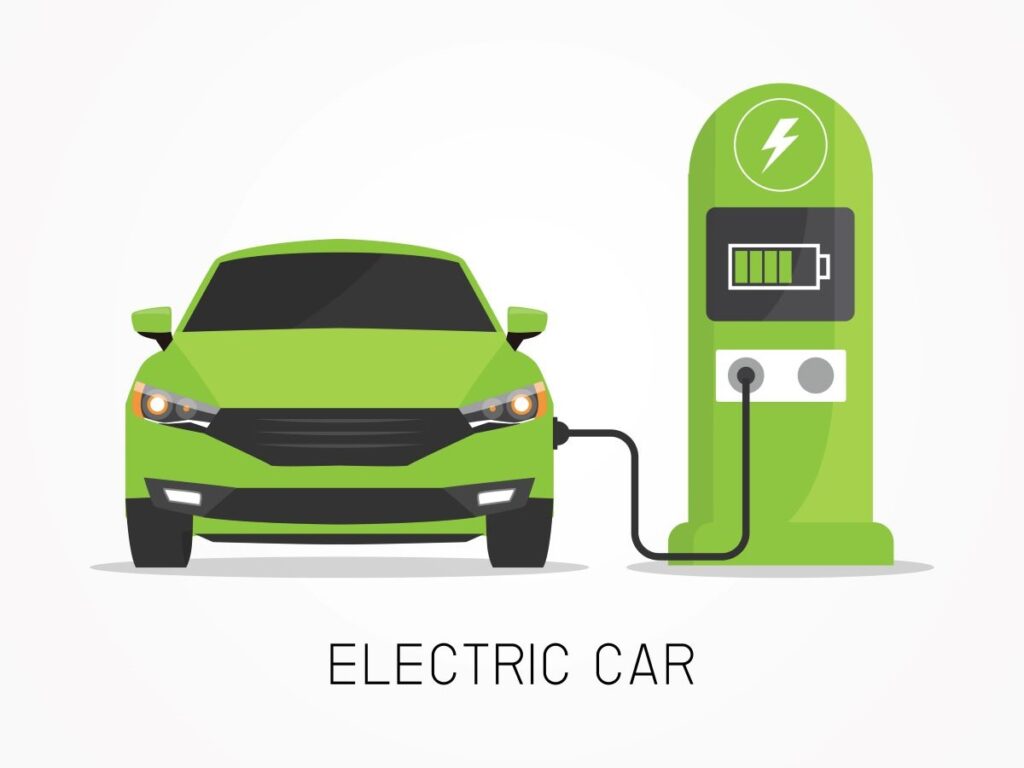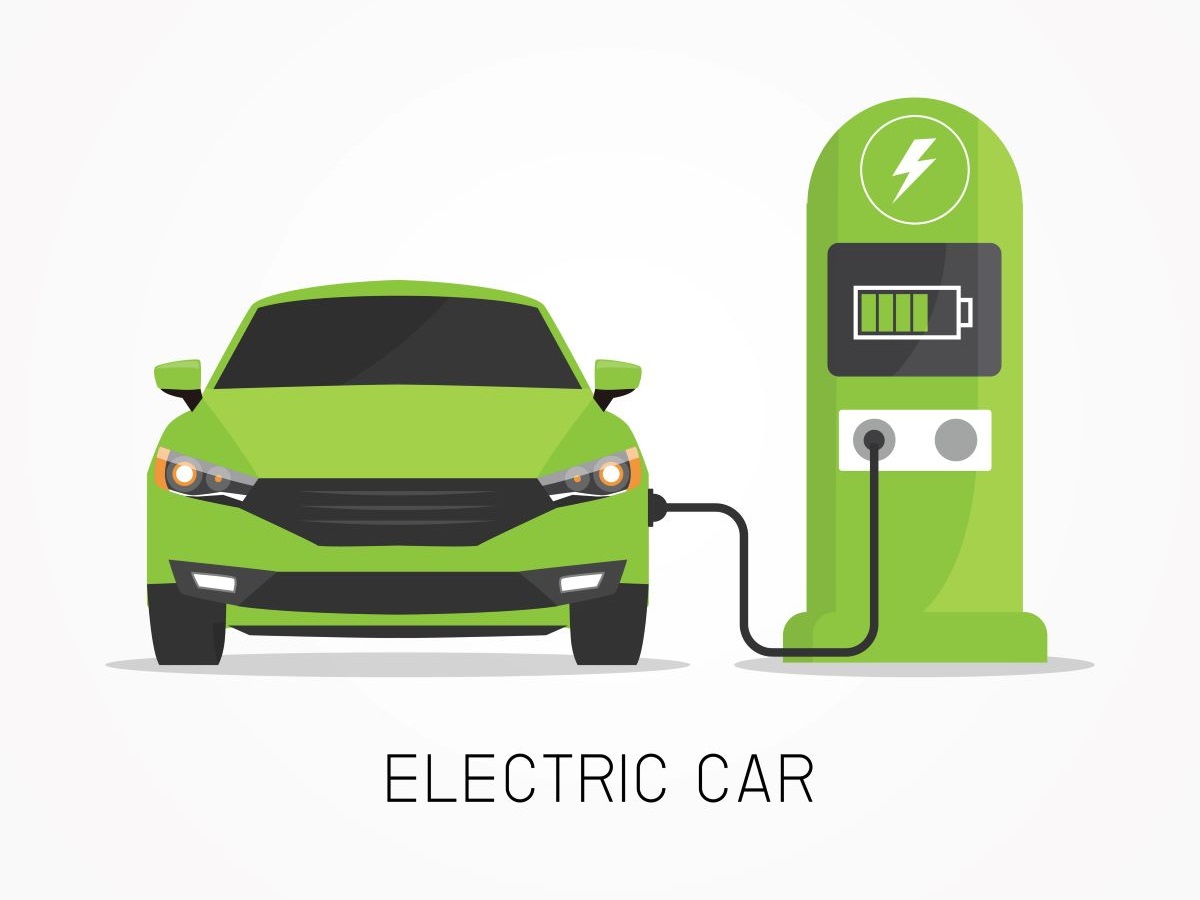How to Qualify for the New Electric Vehicle Tax Credit

In an age of growing environmental awareness and technical innovation, electric vehicles (EVs) have emerged as a critical answer for lowering carbon emissions and reliance on fossil fuels. Governments worldwide have implemented tax breaks for EV purchases to encourage the shift to sustainable transportation.
In this comprehensive guide, we will dig into the complexities of the Electric Vehicle Tax Credit, including qualifying criteria, navigating the purchase process, necessary documentation requirements, and tactics for increasing savings. So, whether you’re considering buying an electric vehicle or are already in the process, understanding the complexities of this tax credit is critical for reaching its full potential and reaping significant financial rewards.
Understanding the Electric Vehicle Tax Credit
The Electric Vehicle Tax Credit serves as a pivotal financial incentive implemented by governments worldwide to bolster the adoption of electric vehicles (EVs). This initiative aims to reduce carbon emissions and dependency on fossil fuels by allowing taxpayers to deduct a predetermined amount from their federal income taxes upon purchasing an eligible electric vehicle.
To fully harness the advantages provided by this credit, individuals must possess a comprehensive understanding of its intricacies, encompassing both its benefits and constraints. Many things contribute to the conditions for receiving this tax discount. Credits for your model may be phased out, your state or area may no longer give credits, or your model may fail to fulfill the credit’s minimal standards.
Here are the fundamental aspects of the Electric Vehicle Tax Credit:
- Purpose: Encourage the adoption of electric vehicles
- Mechanism: Deduction from federal income taxes
- Limitations: Maximum credit amount, phase-out thresholds
- Importance: Maximizing benefits for potential buyers
Eligibility Criteria: Who Can Benefit
Some individuals are not eligible to get the Electric Vehicle Tax Credit. To be qualified for this incentive, the taxpayer must meet a number of criteria, including the type of automobile purchased, the size of the vehicle’s battery, and the taxpayer’s income.
Before making a purchase decision, it is critical to comprehend these obligatory qualifying requirements fully.
These are the qualification criteria:
- Vehicle Types Allowed: EVs, plug-in hybrids
- Income limits – No Companies: Individuals and households
- Additional conditions: Manufacturer certification, purchase date
Check your state’s battery capacity requirements. Your state or jurisdiction may have additional qualifying criteria.
Navigating the Purchase Process
Purchasing an electric car is a multifaceted process that goes beyond simply choosing a vehicle. To make an informed selection, conduct thorough research on various EV models, their characteristics, and available incentives. The vehicle’s range, accessibility to charging infrastructure, and extra incentives are all important considerations in the decision-making process.
Furthermore, discussing prices with dealerships and examining available incentives might help you save even more money. However, it is critical to evaluate how different financing alternatives can affect your eligibility for the Electric Vehicle Tax Credit. Carefully following these procedures ensures not only a financially favorable purchase but also that the tax credit is completely utilized, leading to a more sustainable and ecologically responsible mode of transportation.


